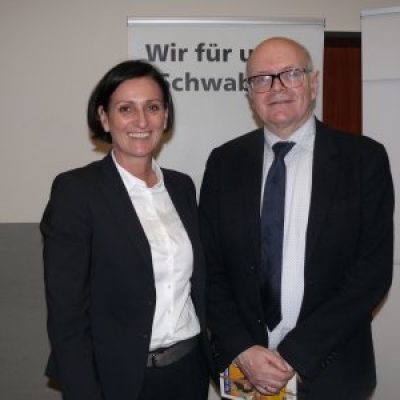Traveling
How do you become happy?
Positive feelings help to solve problems better. It can be understood that happier employees are also more motivated to pursue their work. The same phenomenon is also known from the private sphere: if someone is happy, then everything is quicker and easier for them. Managers should therefore support their employees in developing these feelings that create inner motivation.

Happiness is different for every human being. How does an entrepreneur manage to make his entire workforce, i.e. all employees, happy?
Interdisciplinary happiness research has been dealing with the question of what happiness depends on for decades. This is crucial, as people ultimately strive for a happy life. This is not about luck by chance (lottery win), but about well-being happiness, i.e. subjective well-being. Here, on the one hand, the relationship between positive and negative feelings on average of the day – one should have significantly more positive than negative feelings (reference point: at least 3:1) – and on the other hand, satisfaction with life is important. And that’s where companies have to start.
What is happiness/satisfaction in the company?
In the company, the behaviour of the immediate superior is crucial – it is about an ethical management style and social competence. Also important is the type of workplace design (e.g. influence on the design of the work process by the employees, meaningfulness of the work …) and a liveable work-life balance.
When did a rethink move away from “performance thinking” to “employee satisfaction” took place?
We know that satisfied, happy employees are also more productive, creative and loyal. Employee satisfaction is, so to speak, the prerequisite for good performance. These findings have become more and more established in recent years, supported by numerous empirical studies in management theory. For a long time (starting in the 80s) however, it was thought that it only came down to money, followed by a disastrous fixation on shareholder value. Whether an employee is satisfied/happy with his job depends – with fair pay – but less on salary, but mainly on the factors outlined above. Gallup’s engagement index keeps pointing this out.
Is it possible to train happiness? What does this mean for the human resources departments of companies?
First of all, you have to create the right conditions, which I have already explained above. Then or accompanying you should work on settings or ways of thinking.
Can unhappy/dissatisfied managers produce satisfied, motivated employees?
No, definitely not.
If you were allowed to develop a curriculum for executives, what content should be there urgently?
In any case, the topics of ethics, social competence and positive leadership. I am also convinced that individual coaching can change your mindset and make you happier or happier again.
Are there “happy” companies?
There are companies that have already achieved a great deal here, such as the Upstalsboom hotel chain. There is also a very good video.
How and why did you become a “happiness researcher”?
In 2005 I read the book “The Happy Society” by the British economist Sir Richard Layard. After that, the subject didn’t let me go. At that time, however, it was an absolute niche issue in economics, which can no longer be said today. In 2015, there was even a Nobel Prize in Economics for work in the field of happiness research. And this is also obvious. Economics is about how to use scarce resources in such a way as to best achieve the objectives pursued. Ultimately, our time is our scarce good and a happy, pleasant, successful life is our goal. By the way: Layard is now co-editor of the (UN)World Happiness Report, which is published annually in March.
Which question do you think is most important?
What can I do, what can I do to become happy? – We know that happy/satisfied people are healthier and have a five to ten years longer life expectancy. That’s much more than a six in the lottery.
Thank you very much, Professor Ruckriegel, for the interesting insights into happiness research.
Zur Person: Prof. Dr. Karlheinz Ruckriegel
Professor of Macroeconomics, especially Monetary Policy, Psychological Economics and Interdisciplinary Happiness Research at the Faculty of Business Administration of the Technical University of Nuremberg. He has written countless essays and articles on happiness research/economic policy, which have been published in radio, press and television. At the end of September 2017, an interview with him was broadcast on ARD Alpha for happiness research. On nordbayern.de you will find a series of video clips with tips of luck, which he produced together with the Nuremberg News.
Life motto: “If enough is too little, nothing is enough.” (Epicurea)


